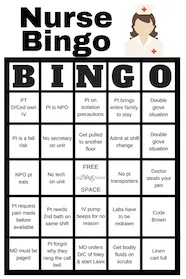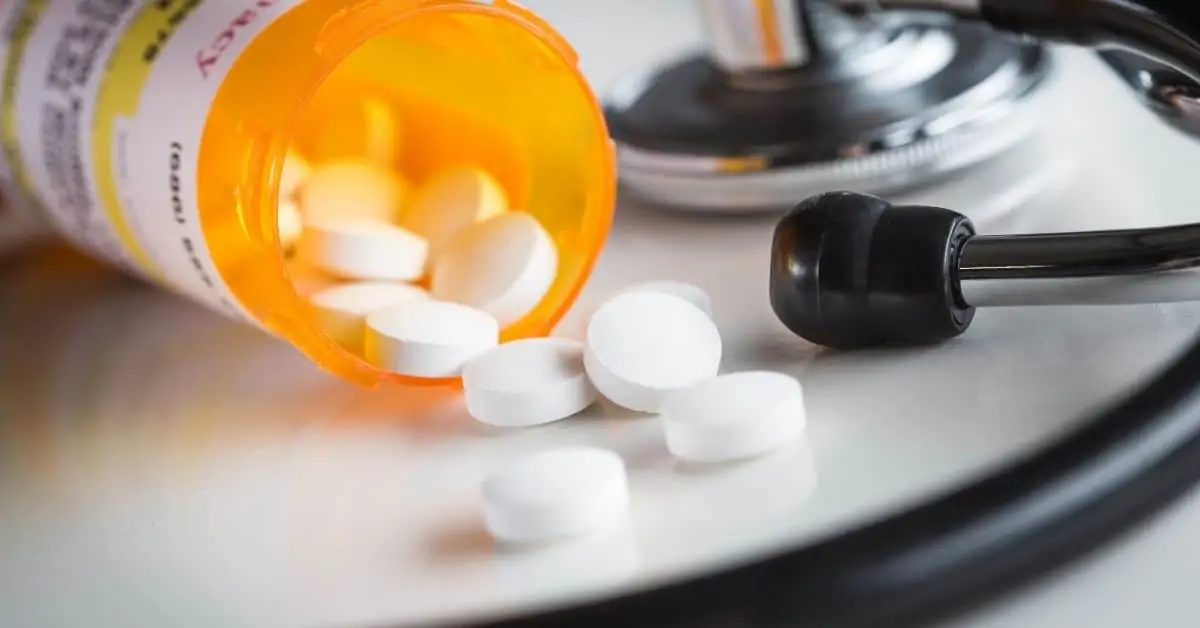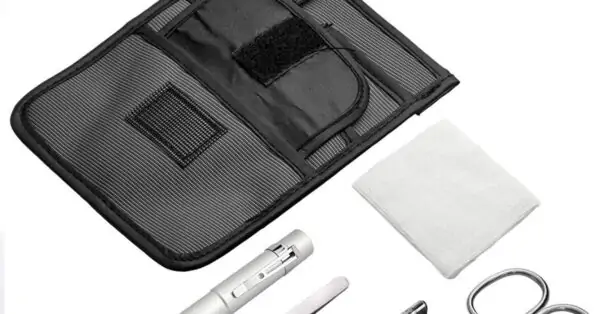The term Bid in nursing refers to taking the medication twice (two) a day. It is an abbreviation for “bis in die,” which means twice every day in Latin. The abbreviation Bid is used worldwide; however, depending on which country you are in, it is spelled differently.
This is one of several Latin abbreviations traditionally used in prescriptions to indicate the frequency with which medicines should be taken. If you are a nurse or thinking to become, you need to be familiar with the abbreviations used to describe medication times and order frequency.
Bid in Nursing & Medication Abbreviation in Nursing
There is a universal system for determining how often medication should be administered to a patient in the US. This versatile system uses three basic symbols and one symbol with two variations.
The three basic symbols are:
- Q = every
- H = every
- D or iv = every
- Q 12 H = Take Once a Day in Hours, then take again 12 Hours later.
Suppose you see these letters in the lower right corner of your prescription paper. In that case, you know that it means “every” 24 hours, 12 hours, or once a day, respectively if you see four numbers separated by slashes (*), then this represents dose frequency and time intervals on *q12h*.
Note that all medications in the United States are usually ordered to be given bid (twice a day). However, there is an exception for some antibiotics if you see “qid” or “q 8 h” every 4 hours and every 8 hours, respectively.
Ways For Health Care Providers To Avoid Medication Errors
No matter how hard we try to prevent errors from happening, sometimes they slip through the cracks. But these days, there are several ways that healthcare providers can use to help make sure that medication errors do not happen and that when they do occur, the damage is minimized as much as possible.
One of the best ways for hospitals and healthcare providers to avoid (and correct) medication mistakes is by going over each patient’s medical history with them, referred to as a “patient interview.”
During this time, all pertinent information about medications, allergies, and side effects of medicine needs to be documented so it can easily be located at a later date. Also, during this time, it is important to ensure that the patient understands all medications they are taking and how to handle them properly.
Often, a lack of understanding can lead to an error in the proper dosage or route of administration, which can also lead to errors in patient care and medication mistakes. Another way for healthcare providers to minimize medication errors is by using computer software programs such as barcoding.
Computer programs track all medications throughout the process, so whether medicine is picked up from another hospital department or delivered back to another department, pharmacy, surgeon’s suite, or lab at their facility. Everything regarding the medication will be recorded and monitored electronically, minimizing the chances of error.
So if there are any discrepancies within these records, if, for example, medication was delivered to the wrong patient or the wrong bedside, then it will be easy to find out who is at fault and correct this error.
However, these programs do not guarantee that errors will never happen. Even though they help cut down on the number of mistakes made, there are still going to be times when healthcare providers need to know how medications work together with their typical side effects to give a proper diagnosis and prescribe medications.
For example, some elderly patients may take many different medications that reduce their concentration levels which might cause memory loss problems or even confusion.
So one thing that should always be discussed during the patient interview process is whether any of the existing medicines can cause interactions with other medications.
Bid in Nursing: What Is After Meals in Medical Terms?
Many patients look at medical terms that are written on prescriptions and wonder what they mean. For example, the time “after meals” is found in many medicines but can confuse patients trying to find out what it means.
Furthermore, after meals should not be confused with morning as a time of day for medications, although some medicines may have an AM (before meals) or PM (after meals) notation. Instead, these terms refer to the timing of when you take the medication about eating your daily meals such as breakfast or dinner.
Do Three Times a Day Mean Every 8 Hours?
The term three times a day is often used by physicians and pharmacists when prescribing medications. Three times a day may mean the drug should be taken every eight hours, but this depends on the physician’s or pharmacist’s instructions for each specific prescription.
When Do I Take Medication After Meals?
If you have been told to take your medicine after meals, you will want to know precisely what this means. This refers to taking your medication approximately one hour before eating or two hours after finishing a meal.
For example, if you eat dinner at 6:00 pm, it would be best to take any prescriptions about half an hour before 6:00 pm and four hours after consuming your meal. You may also be asked to take “before meals” medication, referring to the exact timing as after meals. If you are unsure about any of your medications, then talk to your physician or pharmacist.
What Are AM and PM?
AM (or a.m.) stands for the Latin phrase antemeridian, which means before noon. This is usually found on medications that are to be taken in the morning hours of 5 am to 8:00 am. The acronym PM (or p.m.) stands for post meridian, which is afternoon.
Some people use the abbreviations “am” and “pm” interchangeably and do not mean what they stand for; however, medical professionals take them seriously and follow their instructions when prescribing medication.
Are you looking for any other medical abbreviations? Check out this link for top medical abbreviations.
Check Out:
- Why Is Documentation Important in Nursing?
- ETOH Medical Abbreviation – ETOH Meaning and Application in Nursing
- What does PRN Stand for and When Should it Be Used?
- What Does Bid Mean in Nursing?
- What Does the NPO Medical Abbreviation Mean?
Download Nurse Bingo Today!

Liven up any shift with a fun game of bingo. See who can fill a row first!
Fill a whole card and lose grip with reality.
Your privacy is protected. We will never spam you.





